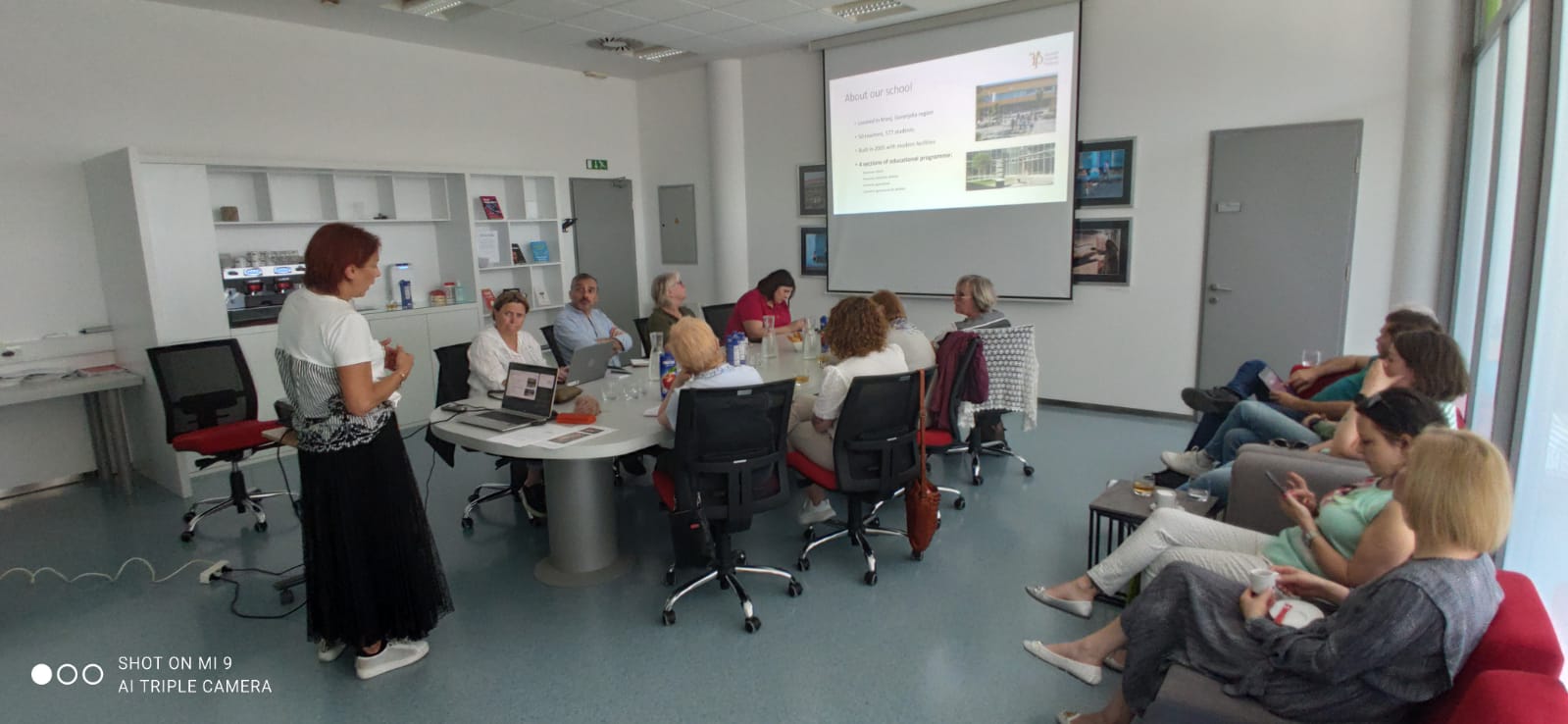According to the Spanish Entrepreneurship Observatory, which has done a report led by the University of Granada, 96 percent of Spanish entrepreneurs believe that the coronavirus crisis offers new business opportunities.
We should admit the effort and commitment of all of them in order to move forward and continue generating employment and offering their services to society. COVID-19 has affected all sectors and businesses of all sizes, but especially the youngest and smallest ones.

Postponement of investment plans is the most frequently adopted immediate measure. 32% of businesses have paralyzed their investment plans and 28% have requested extra funding. By activity dimension, the largest companies (45%) have come to request extra funding and to renegotiate their loan conditions (24%). Greater limitations of action are clearly shown among the self-employed and those with less than 10 workers.
The businesses that maintain activities related to the hotel industry, restaurants, small proximity stores, and tourists, are the most affected, as Granada and its province are an important tourism destination, and have focused their economic activity in those sectors.
Due to the current situation, the Bank of Spain warns that the percentage of businesses with alarming levels of debt is increasing rapidly, and they will have problems paying it back, according to their estimated incomes during the next months. This institution believes that the number of unviable businesses will grow by 40% compared with the same period in 2019.
There was an amount of 105.958 people searching for a job in the province of Granada during February 2021. This data compared with the same month of the previous year is 27,43 % bigger, so the rate of unemployment due to the sanitary crisis has increased in an alarming way, according to the information set by the Andalusian Service of Employment.
Although this context, almost 50% of entrepreneurs have continued their activity through teleworking, and of these, 57% are planning now to look for new markets and new customers as a solution to this crisis.
Indeed, this situation has motivated businesses´ awareness about the importance of digitalization. With the current circumstances, online meetings, e-commerce, and social network are beginning to be seen as essential tools to move forward the so-called “new normality”. Other sectors like culture and leisure but also sanitary services and education or training are adapting their offer into a digital way, trying to access more customers. That has motivated the re-invention of those sectors.
Currently, the great challenge is to reactivate the demand and supply so as to return to a path of normality as soon as possible (reactivation) and at the same time, to re-create an entrepreneurial ecosystem, with new pillars and dynamics, less vulnerable, more articulated, more innovative, more resilient and responsive to new social needs (transformation).
To sum up: new solutions to new problems. New innovative routines have arisen and that are worth sustaining and protecting. It is recommended to focus on certain current strategic areas, which can generate new businesses and employment in the immediate future like the creation of collaboration networks. In this sense, many experiences of collaborative work have increased during this time of the pandemic, especially in our cooperatives such as agri-food cooperatives in order to work closer to the inhabitants of the municipality where they are located.



















